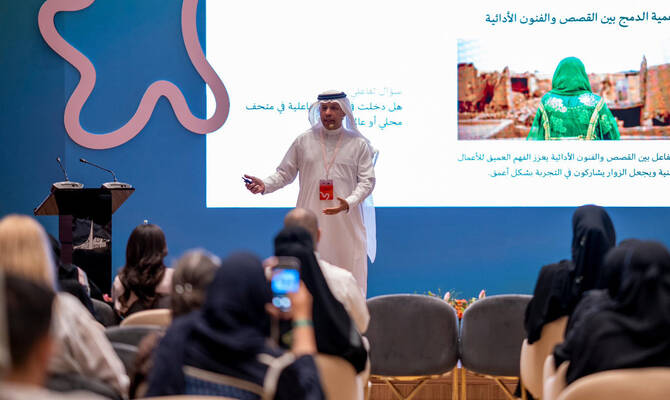MAKKAH/RIYADH: Relatives and friends have shared touching memories of a 20-year-old Saudi student who was killed in the UK last Friday. Those who knew Mohammed Al-Qasim described him as a kind young man who valued his family and was committed to his studies.
A student at the University of Jeddah, after graduating from Al-Bushra High School, he had traveled to the UK to study English and broaden his horizons and had ambitions to pursue a career in industrial engineering. He died after he was stabbed during a late-night incident in the English city of Cambridge.
“His passing was a devastating shock to everyone,” his uncle, Abdulrahman Al-Qasim, told Arab News.
“Mohammed was deeply loved and left a lasting impression on all who knew him, especially as the only son to his parents, born after four daughters.
“He also leaves behind a younger brother who is still in middle school.”
He said that the news of Mohammed’s death had struck the family, from Jeddah, deeply but they were finding strength in their faith, adding: “We had hoped he would return to us but nothing can change the will of Allah.”
Several family members had traveled to the UK earlier in the summer to study English, Abdulrahman said. What happened to Mohammed “is alarming,” he added, and suggested that it meant Britain could no longer be considered a safe destination for Saudi students.
“We extend our sincere gratitude to the officials at the Saudi Embassy for their ongoing support and efforts to expedite the repatriation process,” he said.
Mohammed’s cousin Walid Al-Qasim said the loss was “deeply painful” and extended beyond the immediate family to touch the hearts of many Saudi families.
“Mohammed was deeply loved by his classmates and friends in the UK,” he said. “Everyone spoke highly of his character and respectful conduct.”
He condemned the incident that took his cousin’s life as “a horrific crime that cannot be justified under any circumstances.”
Ibrahim Ali Al-Qasoumi, 22, was a close friend of Mohammed. They met in 2017 through the latter’s cousin, and took regular fishing and camping trips together.
“He was like a brother to me,” Al-Qasoumi told Arab News. “He was kind, gentle and had a big heart. You feel happy and safe when you’re around him. He never said things about anyone and he never hurt anyone.”
The news of Mohammed’s death had come as a “big shock,” he added. “Friends like him are very rare. I’m very sad because he was killed for no reason … I hope no one has to feel this pain.
“I feel horrible. I couldn’t eat, I couldn’t sleep, I couldn’t laugh. I was completely broken.”
The incident has raised broader questions about the safety of young Saudis who travel and study abroad, and Al-Qasoumi said it has changed the way he feels about such activities.
“I love traveling and learning about new cultures,” he said. “Mohammed also loved these things. We went to Turkey, Istanbul, in June 2024. We always talked about it.
“I was planning to go to London this December to celebrate New Year’s Eve but after what happened I became very scared. I kept thinking, what if this happened to me too?”
Al-Qasoumi said he will remember his friend as someone who loved his family, particularly his sister, and his country, was generous and “always tried to help others and make people happy.”
He recalled a time, just weeks before his death, when Mohammed had helped a 16-year-old boy lost on the streets of Cambridge.
“He paid for the boy’s taxi and helped him home, and he didn’t even know him,” Al-Qasoumi said. “Everyone loved Mohammed. No one hated him.
“I have many videos and pictures of him and in all of them we are laughing and happy, making jokes and enjoying time.
“I hope we don’t lose more young people like him. They are the future. Today it was Mohammed but who is next? I wish we never hear this kind of sad news again. I hope the killing stops in the world.”
Al-Qasim was on a 10-week placement at the EF International Language Campus in Cambridge when he was killed.
In a statement to Arab News, EF International Language Campuses Cambridge said: “Mohammed was a bright and kind young man who quickly became a valued part of our community. He was known for his positivity, curiosity, and warmth toward everyone around him.
“During this difficult time, our focus remains on supporting Mohammed’s family, our students and staff in any way we can. Our heartfelt condolences are with his loved ones. May he rest in peace.”
Funeral prayers for Mohammed were expected to take place at Makkah’s Grand Mosque on Friday, and he will be laid to rest at Al-Shuhada Cemetery.
Local police arrested two men from Cambridge on Sunday in connection with Mohammed’s death: a 21-year-old man on suspicion of murder, and a 50-year-old man on suspicion of assisting an offender.



























